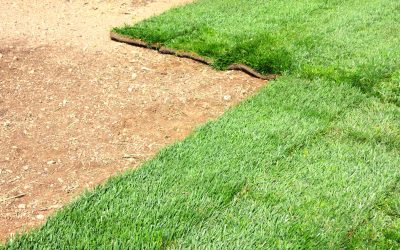When considering flooring options, Brick Pavers In the Kitchen is probably not a choice that comes to mind for many homeowners. Which is unfortunate, really, because brick pavers offer an earthy, durable, and low maintenance flooring option. Brick provides all the attributes of natural stone such as longevity, toughness, and strength.
Here are just a few of the benefits of brick pavers offer when installed our company:
• Colors -; Typical colors found in brick pavers range from a light tan to dark red tones. The final color is determined by the minerals present within the stone at the time it is fired. Other factors include the temperature it is baked at and for how long. Homeowners also have the option to buy tinted or stained bricks in hues of green, black, silver, brown, and blue.
• Patterns -; Just as done outdoors, brick pavers laid indoors can be laid to create a myriad of designs. Popular choices are herringbone, staggered, basketweave, running bond, and stacked bond, but really, the only limitation is imagination. Using different sizes, lengths, and shapes of brick further enhances the effect.
• Texture -; Due to brick’s tendency to grip one’s feet, even when wet, makes it a natural choice for kitchens (and bathrooms). This feature is further amplified by the roughness of the grout use in between the brick pavers. Therefore, it is strongly suggested to not apply any type of wax treatment to the surface, which only serves to create a slipping hazard.
• Cost -; Brick pavers are priced moderately around $8 per square foot, however, using reclaimed brick pavers will significantly reduce the cost. Because of its durability, with proper installation, there is no reason Brick Pavers In the Kitchen should not last decades.
• Maintenance -; With the application of a sealant to protect the brick from water (its greatest enemy), maintaining the floor is easy. Regular maintenance involves sweeping, vacuuming, or mopping.
• Warmth -; Not only do brick pavers project a sense of warmth, they actually are warm, as they retain heat. Even in the winter, walking on the brick paver kitchen floor, one’s feet won’t feel cold.
The major concern with brick paver floors is that brick is a porous substance, meaning that liquids will penetrate the brick affecting the sub-floor. Hence, the need for a sealing agent to be applied which may require a yearly reapplication, depending on foot traffic. You can also follow with them on Twitter for more updates.



